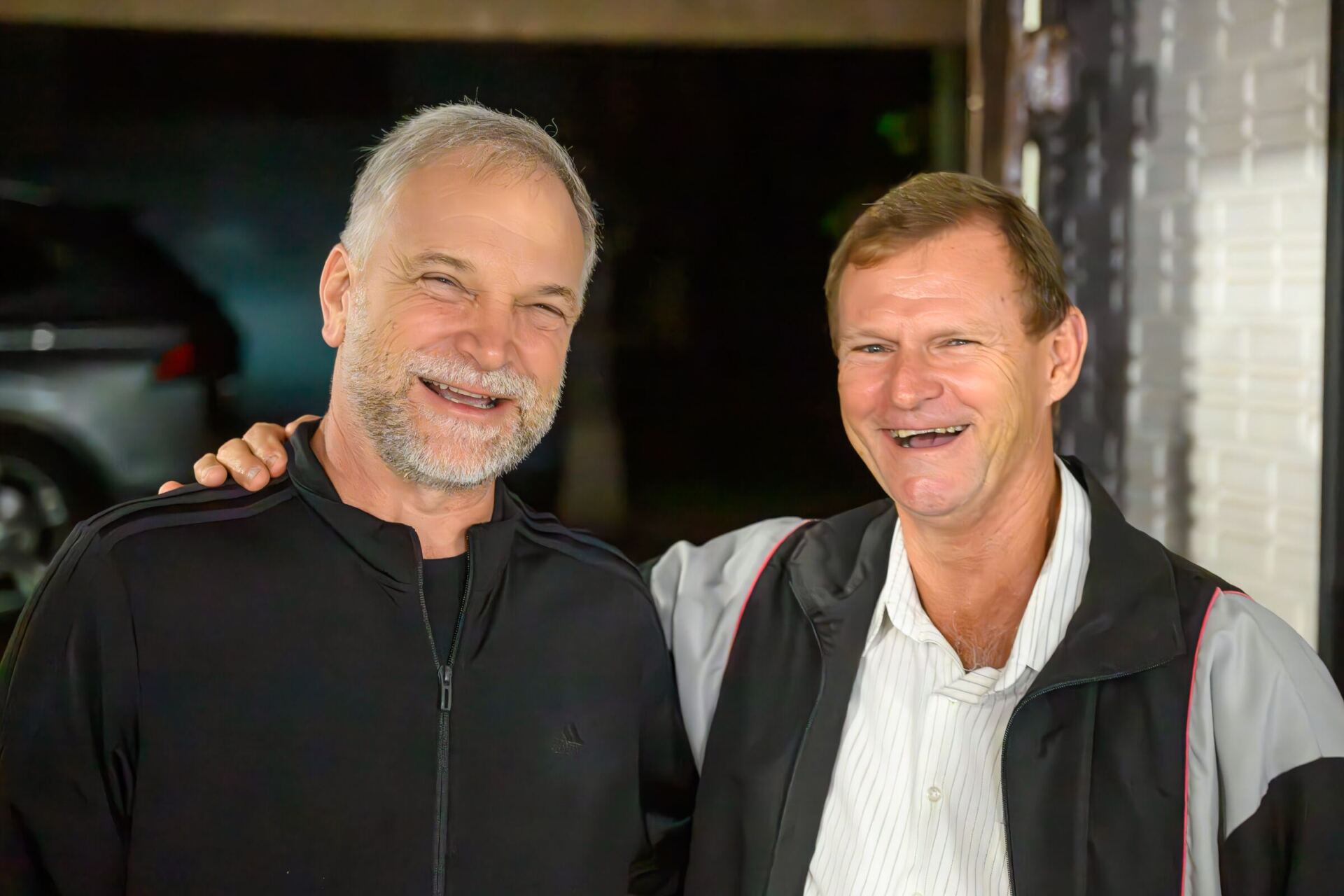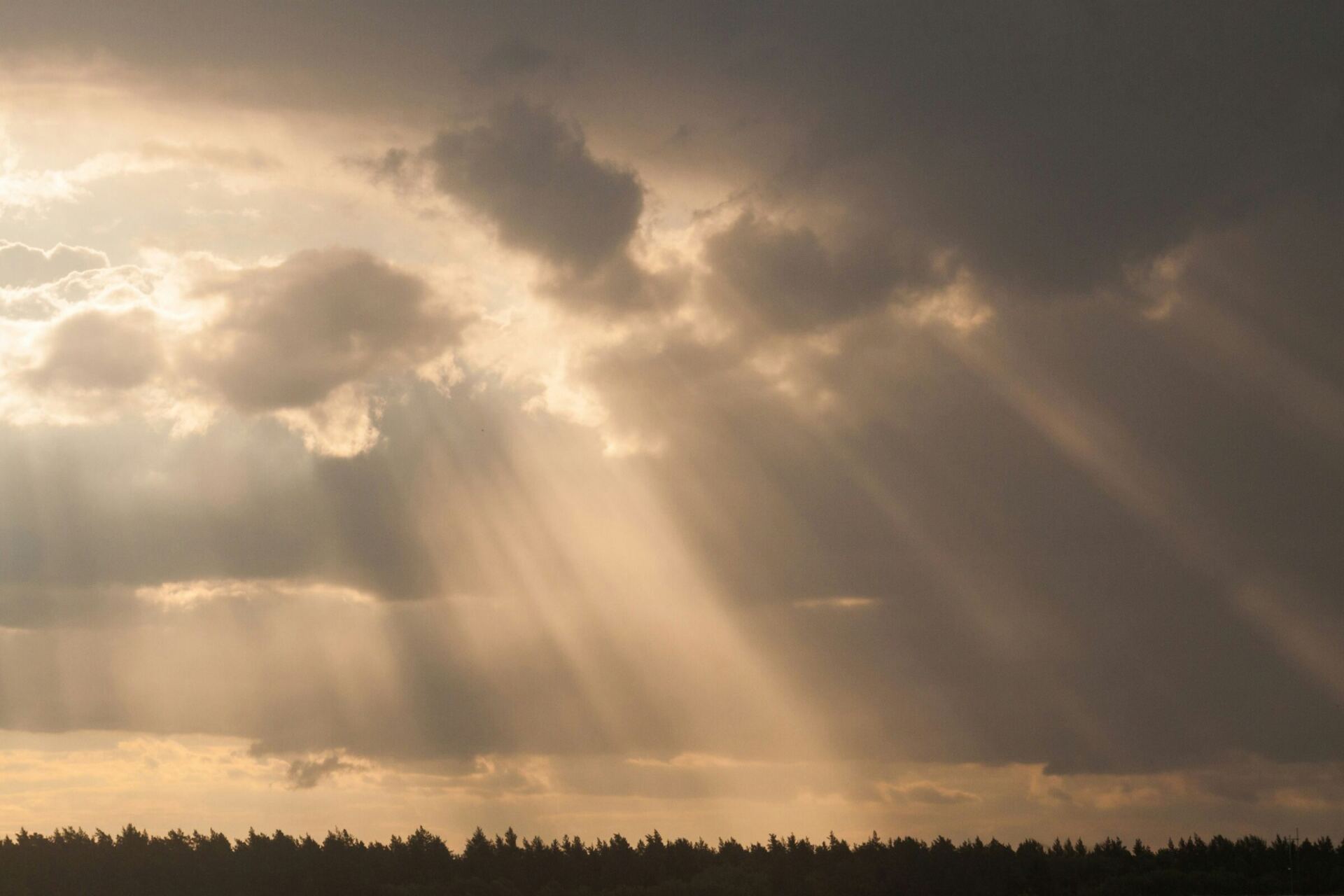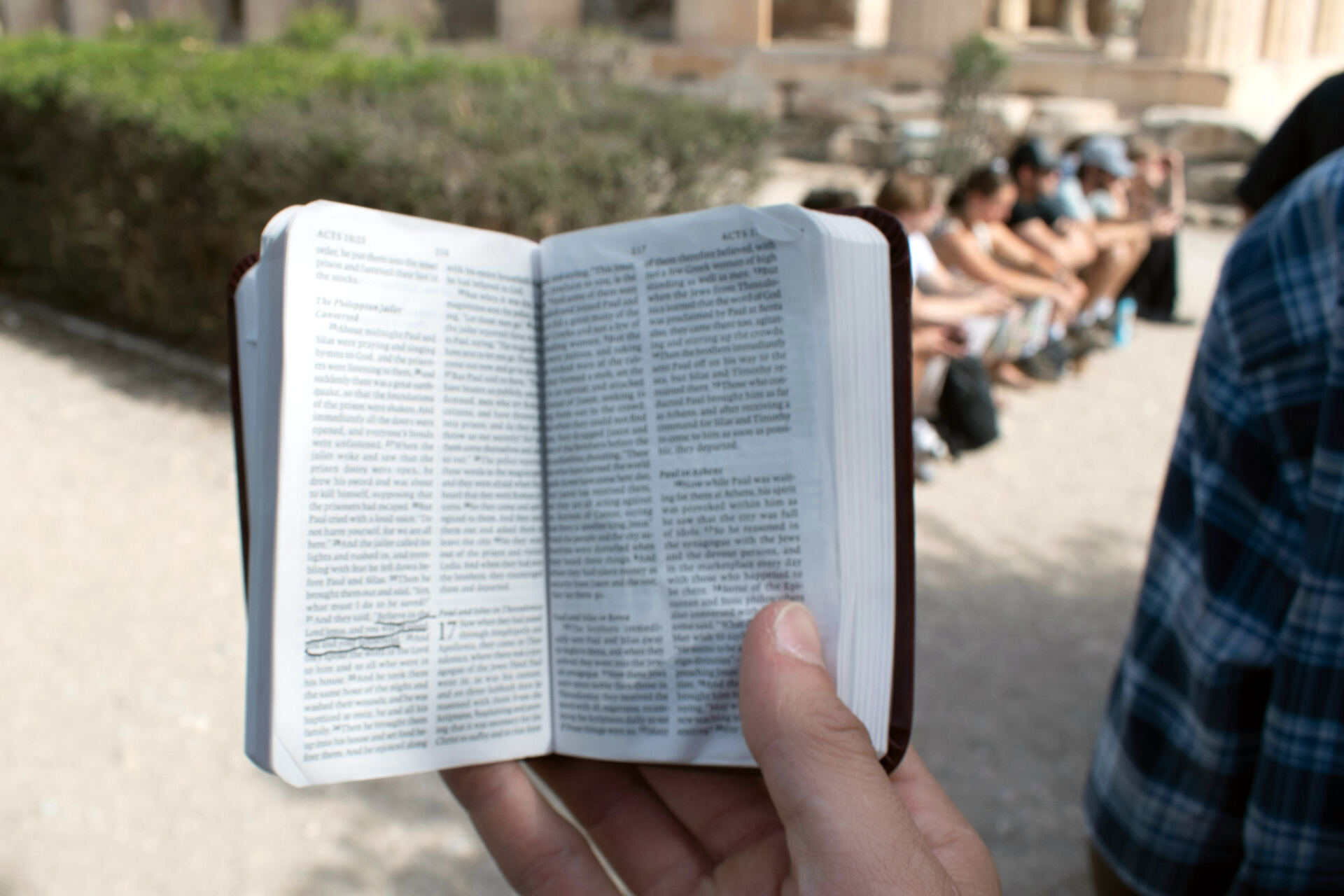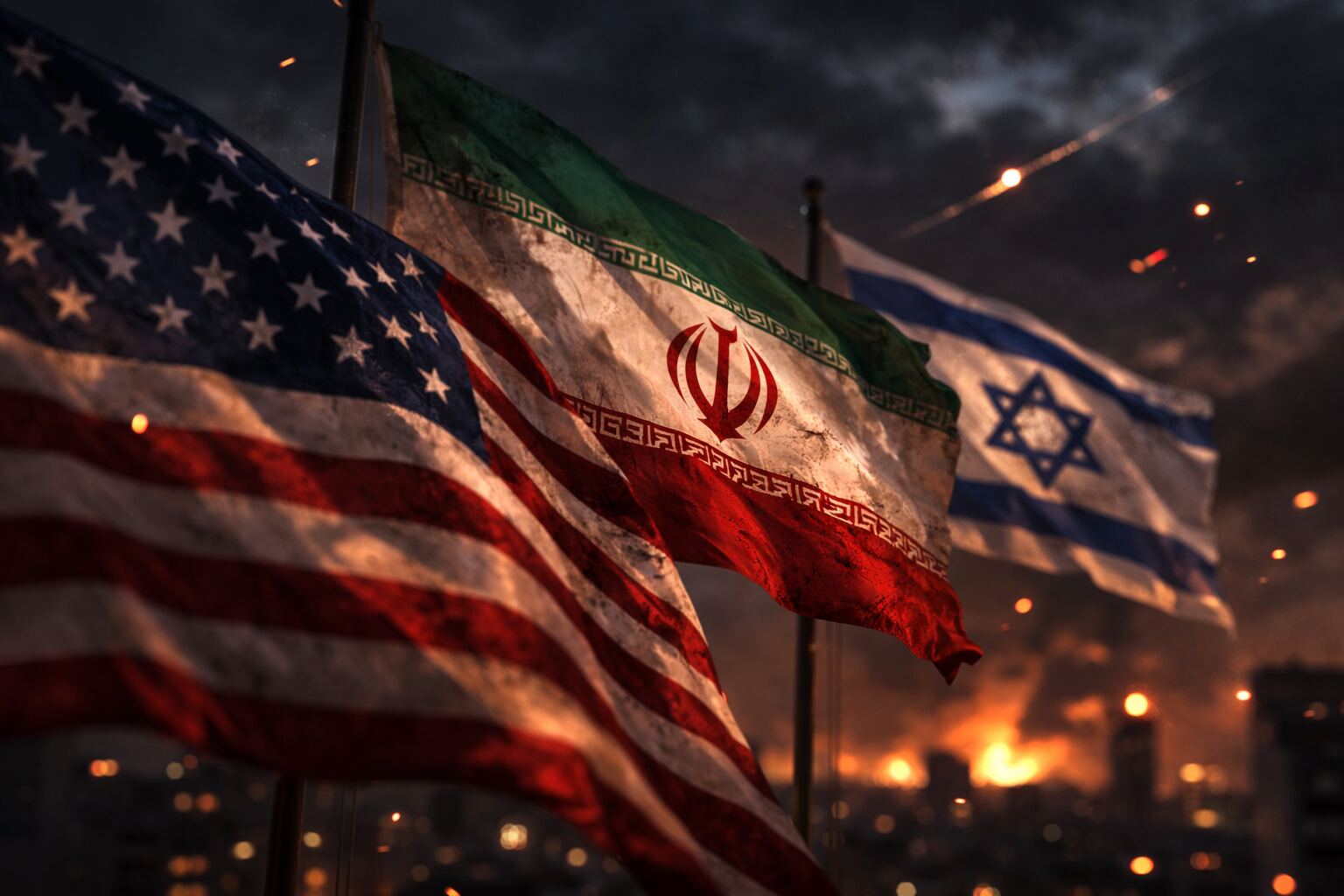In Genesis 1, humanity is created and introduced to us as ‘made in the image of God.’ The description of humanity in Genesis 1 is foundational for the Christian worldview. The moral and ethical implications abound from the single statement than humanity is made in God’s image. In this brief post, we want to consider one facet of what it means to be made in the image of God. Human beings, in Adam and Eve, are created in the Garden of Eden to be vice-regents over creation. Genesis 1 and 2 contains an abundance of kingship imagery and language.
First, Genesis 1 and 2 establishes that God is the high king and sovereign who created all things. When the picture in these chapters is contrasted with Ancient Near Eastern (ANE) creation accounts there is a polemic against idolatry. There is no struggle on God’s part to create; there is no overcoming the forces a chaos, or war between gods. God speaks and creation comes into being. What was formless and void becomes fashioned and filled by the word of God. He demonstrates complete sovereignty.
Furthermore, God is depicted in kingly and royal language. The notion of God “resting” on the seventh day is not because God was tired or decided to take a break. Resting is kingly imagery. In the ANE, when kings had established their sovereignty and asserted their dominion, they rested. God is revealing his royal splendor in and over the creation.
Second, God establishes Adam and Eve to rule and have dominion over the creation. He created them as the highest of all his creation. Again, in the ANE, kings would often erect statues bearing their image in order to assert and manifest their reign over a particular territory. God, creating and establishing the earth, establishes an image to rule in his stead as he ‘sits down’ in heaven to rule all creation. The language of Genesis 1 is what we call “vice regency.”
Gen. 1:26 Then God said, “Let us make man in our image, after our likeness. And let them have dominion over the fish of the sea and over the birds of the heavens and over the livestock and over all the earth and over every creeping thing that creeps on the earth.”
Gen. 1:27 So God created man in his own image, in the image of God he created him; male and female he created them.
Gen. 1:28 And God blessed them. And God said to them, “Be fruitful and multiply and fill the earth and subdue it, and have dominion over the fish of the sea and over the birds of the heavens and over every living thing that moves on the earth.”
Humanity as ‘the image’ represents the Lord’s ruler-ship over creation. The language of being given dominion means he is making them lords and masters over the creation. This kingship or lordship is established over the creation but under God, the ultimate King, Lord, and Sovereign. Dominion has implications for creation care. It does not mean that the creation can be recklessly abused and pilfered, rather humans are to care for it and steward it. Even the first century Jewish writer Philo recognizes this kingship Adam exercise as he describes the wisdom and beauty of Adam’s naming the creation:
And with great beauty Moses has attributed the giving of names to the different animals to the first created man, for it is a work of wisdom and indicative of royal authority, and man was full of intuitive wisdom and self-taught, having been created by the grace of God, and, moreover, was a king. And it is proper for a ruler to give names to each of his subjects. And, as was very natural, the power of domination was excessive in that first-created man, whom God formed with great care and thought worthy of the second rank in the creation, making him his own viceroy and the ruler of all other creatures. On the Creation, 148.
Third, scholars have noted that in Genesis 2 there is temple imagery.[1] When Adam is established to “work it and keep it” (Gen. 2:15), this language will echo the same language to describe what priest do in the temple.[2] The word for “put” in Genesis 2:15 could be translated as “rested.” God establishes his royal image bearer in the garden. Adam then is a king-priest who serves as a mediator caring for God’s creation as the ordained representative of the high sovereign.
Two implications can be drawn from this. First, in terms on anthropology we see that God endows humanity with both value and purpose. This understanding of vice-regency helps us to recognize that human beings have inherent worth, value, and dignity. We also recognize the responsibility that we have over God’s creation. God has made us to be kings and queens therefore subduing and dominion should be exercised with the same compassion, justice, and righteousness that God himself demonstrates in his ruler-ship.
Second, in terms of Christology, we see how Christ in the incarnation and the resurrection brings to completion and fulfillment what was established in the garden. In his humanity, he is crowned with glory and honor. His fulfillment of Ps. 8 (e.g. Heb. 2:6-8, and elsewhere) is a fulfillment of Gen. 1:26-28. He exercises dominion in his exalted state. He puts all things under his feet, and in a world now marred by sin, this includes subduing rebellion against God, Satan, and death itself. The seeds of the end or goal of humanity were laid in the foundation of Genesis, and when Christ takes on our humanity the flower of glorification blossoms in his resurrection, the bounty of which believers will come to share.
[1] G.K. Beale The Temple and the Churchʼs Mission: A Biblical Theology of the Dwelling Place of God(Downers Grove, Ill.: Intervarsity, 2004) 66-80.
[2] Beale, 67.
Editor’s Note: This article was originally published by Place for Truth on June 6, 20118. Used with permission.





